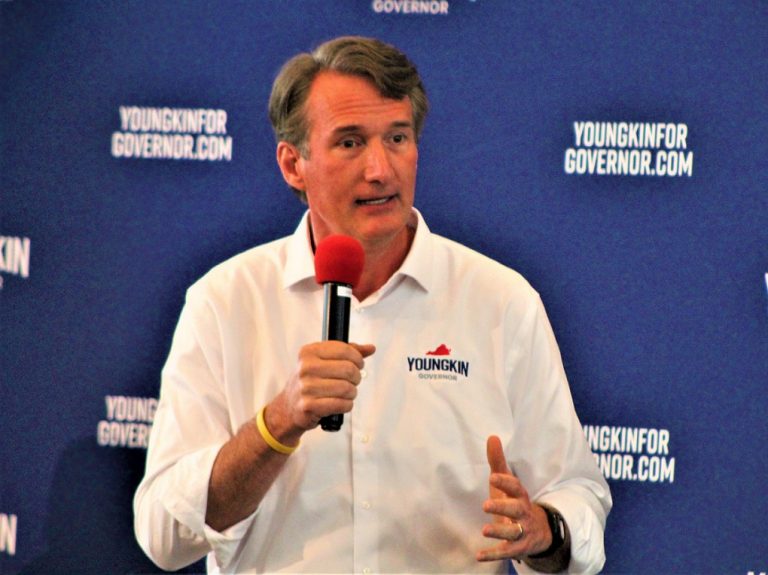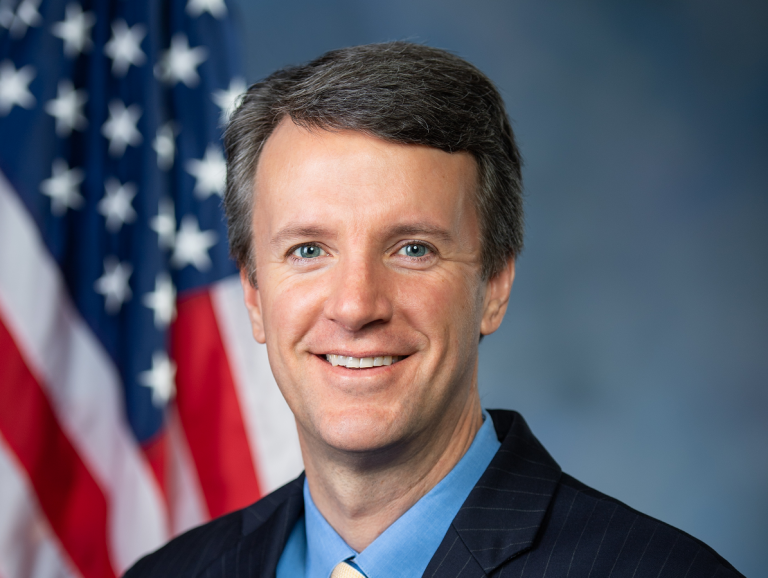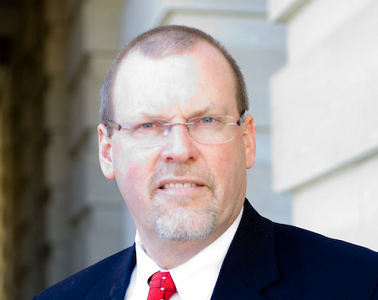FALLS CHURCH, Va. (AP) —Glenn Youngkin, a political newcomer who campaigned as a conservative, Christian outsider, edged...
State and National Government
A GOP Congressman from our says he has concerns about a Justice Department budget request that he...
Less than two months remain now before Virginia becomes the first southern state to legalize marijuana possession,...
You’ve probably heard about – or from – the four apparent front runners seeking the Republican nomination...
The Command Module Pilot for Apollo 11 – Michael Collins – died today at age 90. Collins...
The Republican statewide convention to choose the party’s nomination for the Governor’s race this November takes place...
Roanoke Delegate Sam Rasoul has a big fund-raising lead – and an early polling advantage — as...
The Green New Deal was reintroduced and one Virginia Congressman is very opposed to it. WFIR’s Rob...
Virginia U.S. Senator Mark Warner says he worked across the aisle to make information about UFOs declassified,...
Governor Northam will loosen many COVID-19 restrictions in Virginia effective May 15th. They include greater numbers permitted...
From the Wason Center at Christopher Newport University: With just over 6 weeks until Virginia Democrats’ June...
Governor Northam says Virginia’s new marijuana law will help many residents avoid facing lifetime roadblocks over a...
Many marijuana users call April 20th — or 4/20 — as “Weed Day”, and this year, it...
There are already second-generation troops serving in Afghanistan – and some soldiers who weren’t even born yet...
Congressman Morgan Griffith says President Biden’s proposal of a new federal rule against “ghost guns” is a...













